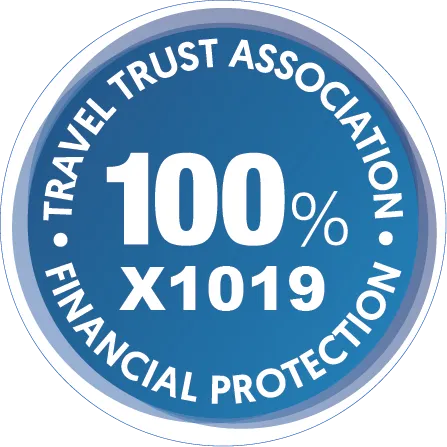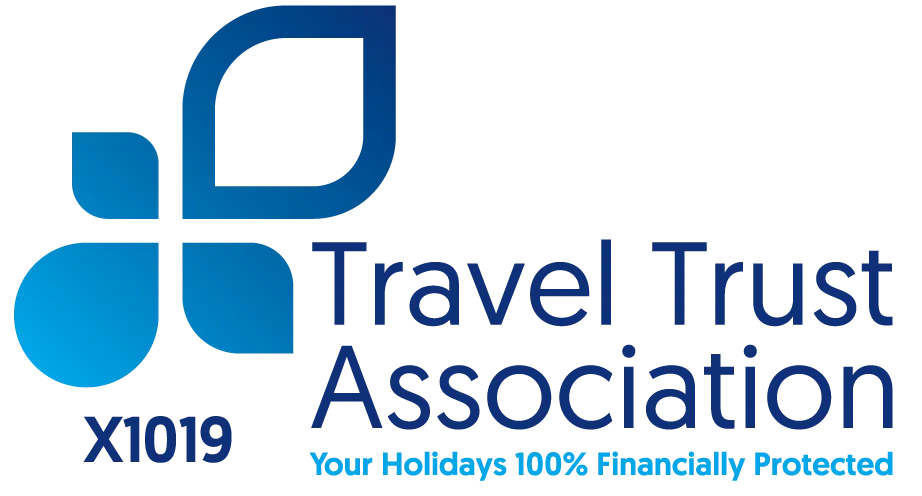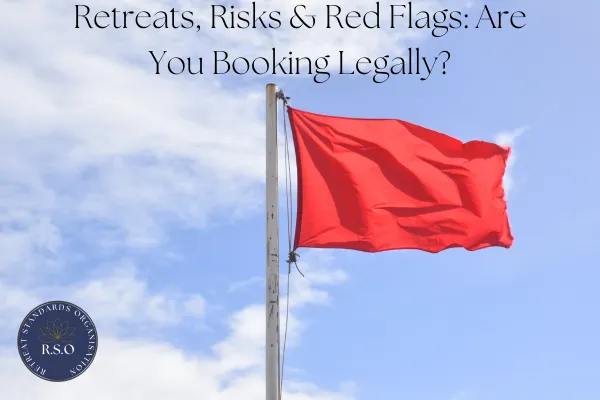


The Blog
from Retreat Yourself

Retreats, Risks & Red Flags: Are You Booking Legally?
Retreats, Risks & Red Flags: Are You Booking Legally?
So, you've found the perfect retreat—sun-drenched beaches, tranquil yoga sessions, delicious food, and a week of outstanding guest speaker masterclasses. You’ve hit the “book now” button faster than you can say “namaste.” But wait—have you checked if the company selling you this dream getaway is actually legally allowed to sell travel?
This might sound like a boring detail, but trust us, it’s a big one. In fact, it’s the difference between having proper protections in place for your trip and, well, having none at all. And before you say, “Oh, but I know the person running the retreat! They wouldn’t let anything go wrong,” let’s talk about why that’s simply not enough.
The Harsh Reality: No License, No Protection
Retreats aren’t cheap. You’re investing hundreds, maybe even thousands of pounds into a week (or more) away, either in the UK or abroad. Yet, if the company you book with isn’t licensed to sell travel, you have zero financial protection.
Let’s paint a scenario. You’ve been looking forward to this retreat for months, but just before you’re due to leave, the host receives some bad news and unfortunately can no longer run the retreat. As much as you sympathise with their situation, without the right protections in place, you’re left scrambling, out of pocket, and with no way to recover your money.
Or maybe you arrive at the retreat, excited for the guest speakers and experiences you were promised, only to find that key facilitators have pulled out, the schedule has completely changed, and it’s no longer the experience you paid for. Since the retreat wasn’t sold under proper travel regulations, there’s no way to claim compensation.
And what if the retreat doesn’t get enough bookings to make it financially viable, but the host has already paid for accommodation upfront—using your money? If they’re not legally compliant, they may not be able to refund you at all.
If the company isn’t legally compliant, your personal travel insurance likely won’t cover you either. That’s right—because you booked unregulated travel, your insurance could be completely void. Not exactly the kind of risk you want to take before a trip meant to reduce stress.
“But I Know the Host, They Wouldn’t Do That to Me…”
This is where things get tricky. Many retreat leaders are well-meaning and passionate about what they do. But the law doesn’t care how nice they are—it only cares whether they are legally allowed to sell travel.
A retreat host never intends for things to go wrong, but that doesn’t mean they won’t. What if their chosen accommodation cancels last minute? What if flights are overbooked or cancelled? You only have to look at this weekend with Heathrow Airport closing—where would that have left you financially? What if the retreat host suddenly can’t afford to refund you because, surprise, they never had the money secured in a legally compliant way?
Friendship won’t reimburse you when you’re out of pocket. Travel regulations exist for a reason—to protect you.
So, How Can You Check If a Retreat is Legit?
Before handing over your hard-earned cash, here’s a quick checklist to make sure your retreat is being run legally:
✅ Are they ATOL or ABTA (or equivalent) registered? (For UK-based retreats, this is a must for financial protection, ATOL is only required flights are included.)
✅ Is the company selling the retreat actually registered and insured as a travel provider? (Not just an Instagram page with a link to PayPal - They need to be a licensed Tour Operator.)
✅ Do they have a clear cancellation and refund policy?
✅ Do they provide a contract or terms and conditions? (If not, that’s a huge red flag.)
✅ Are flights included? If so, they must be licensed to sell and protect flights with ATOL.
✅ Are payments protected? (E.g., held in a trust account /bonded rather than going straight into the hosts business/personal bank account.)
✅ Have you done an independent compliance check? (Luckily, you don’t have to do this alone…)
Need Help? Use a Free Compliance Check
If you’re unsure whether a retreat is being sold legally, you don’t have to guess. The Retreat Standards Organisation offers a free checking service to help you verify compliance before you book. Simply submit your details, and their team of experts will do the digging for you: https://wkf.ms/4ivkV9Q
Final Thoughts: Protect Your Investment
Booking a retreat should be exciting, not stressful. But before you hit that “pay now” button, take a moment to ensure you’re actually booking with a legally compliant provider. Not only will you have peace of mind, but you’ll also be safeguarding your money, your travel experience, and your ability to make a claim if anything does go wrong.
Because at the end of the day, responsible retreat hosts don’t just sell dreams—they sell them legally.



Some of the flights and flight-inclusive holidays on this website are financially protected by the ATOL scheme but ATOL protection does not apply to all holiday and travel services listed on this website/brochure. Please ask us to confirm what protection may apply to your booking. If you do not receive an ATOL certificate then the booking will not be ATOL protected. If you do receive an ATOL certificate but all the parts of your trip are not listed on it., those parts will not be ATOL protected. Please see our booking conditions for information about financial protection.
